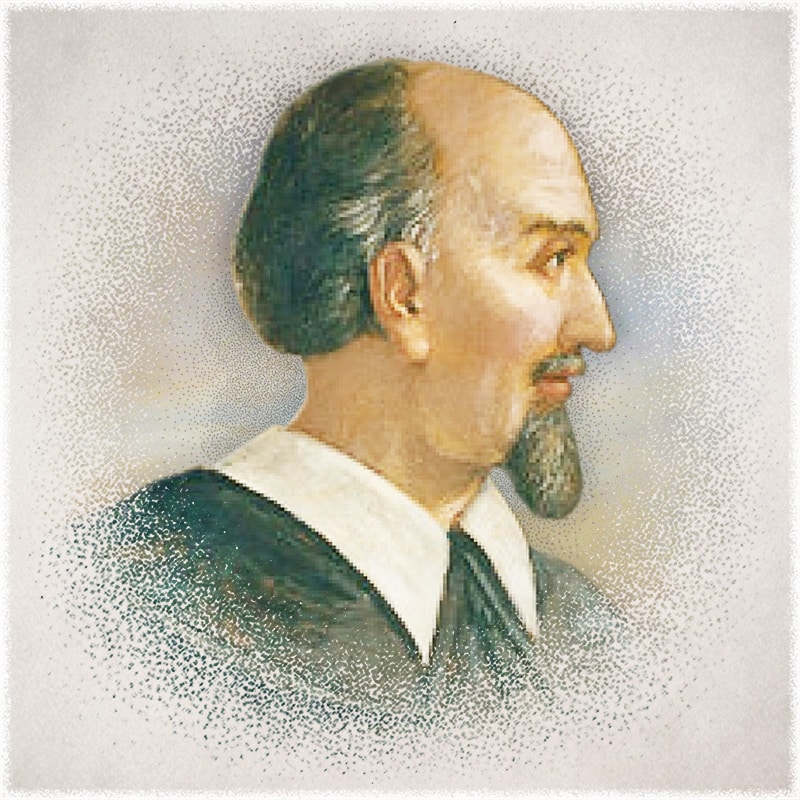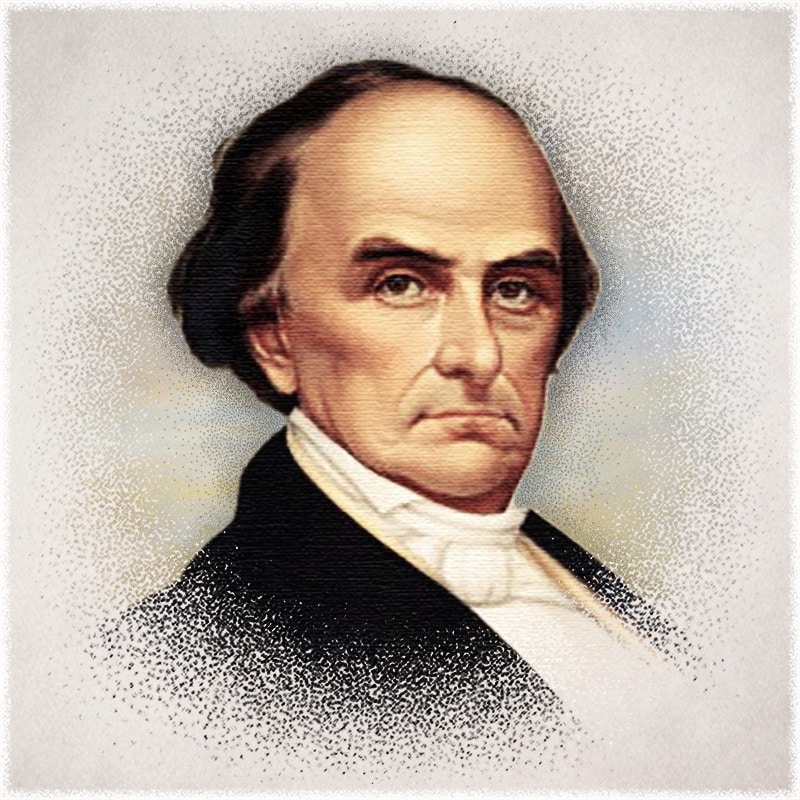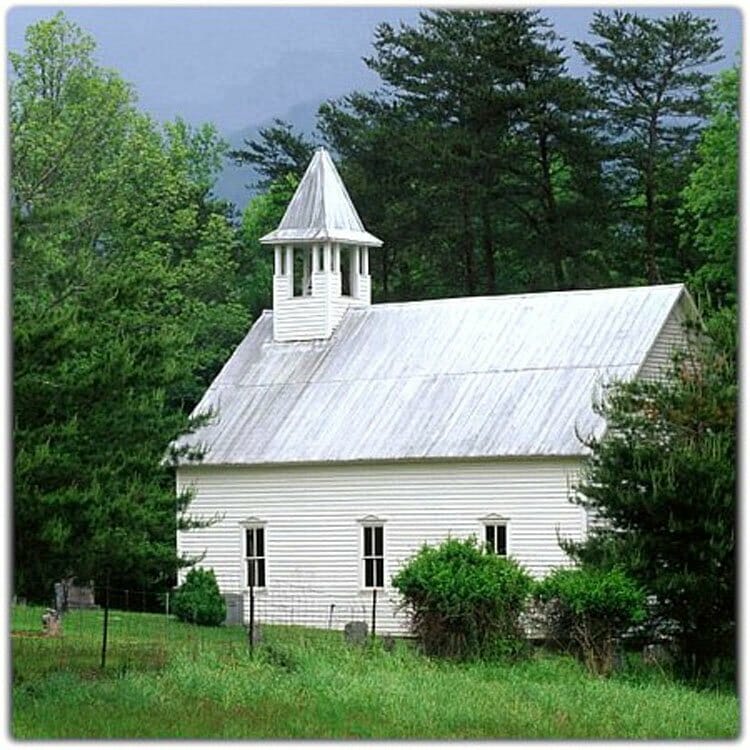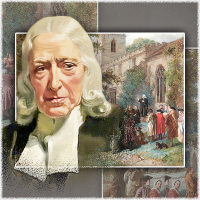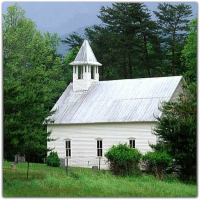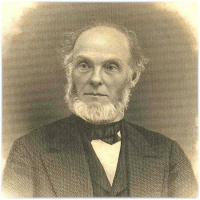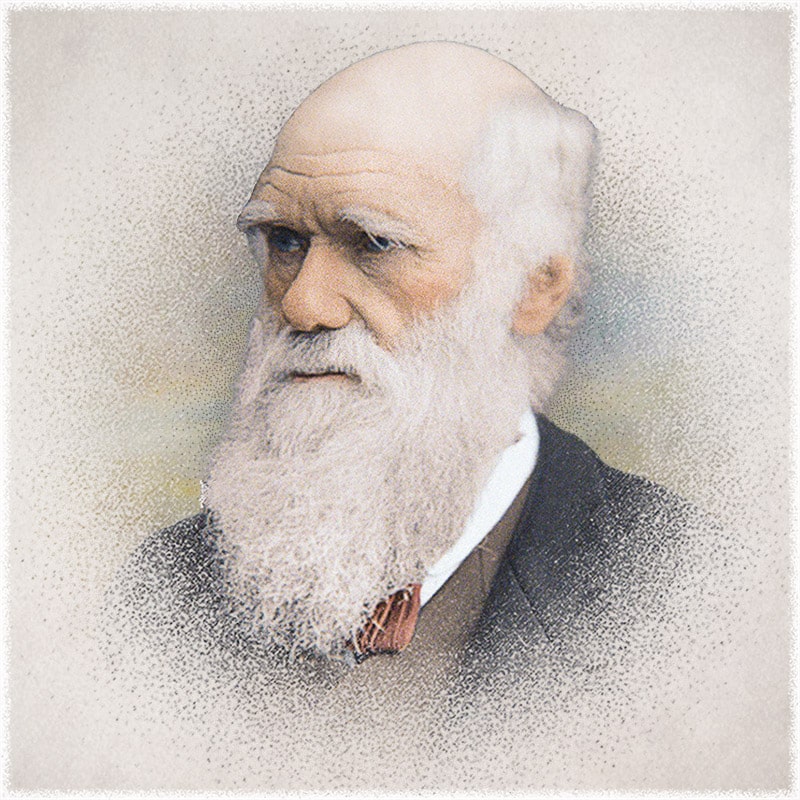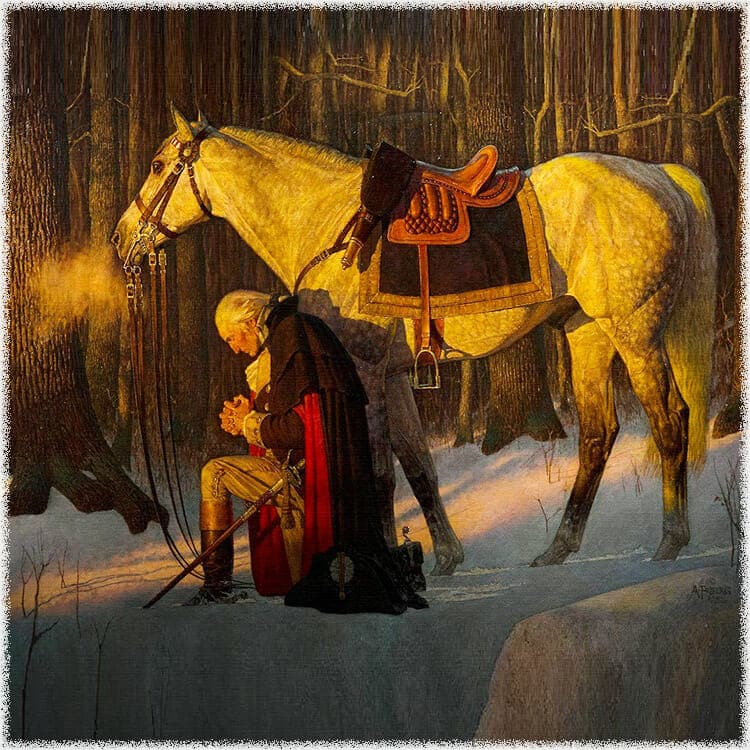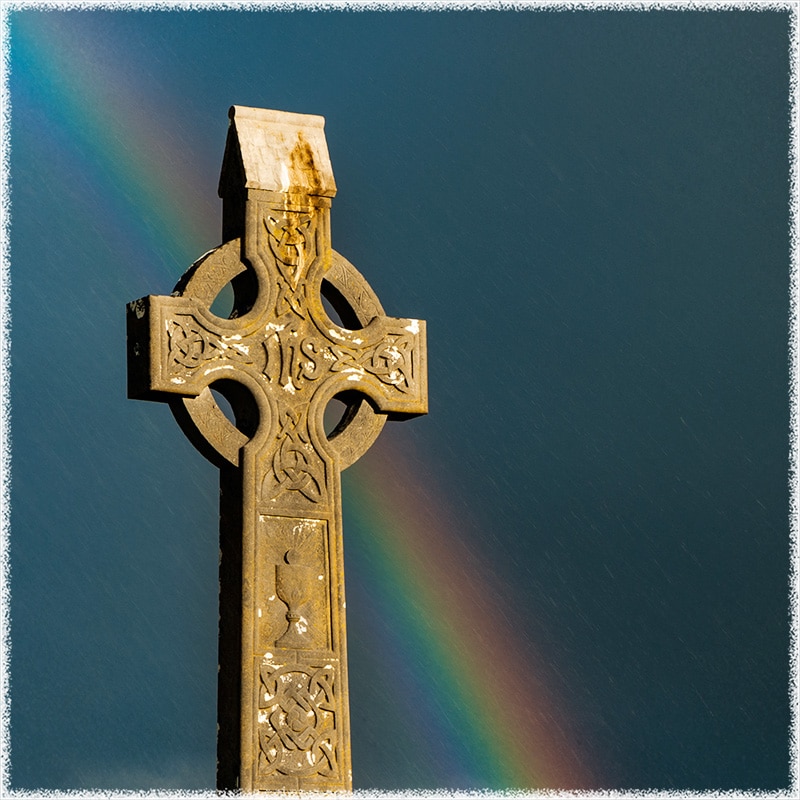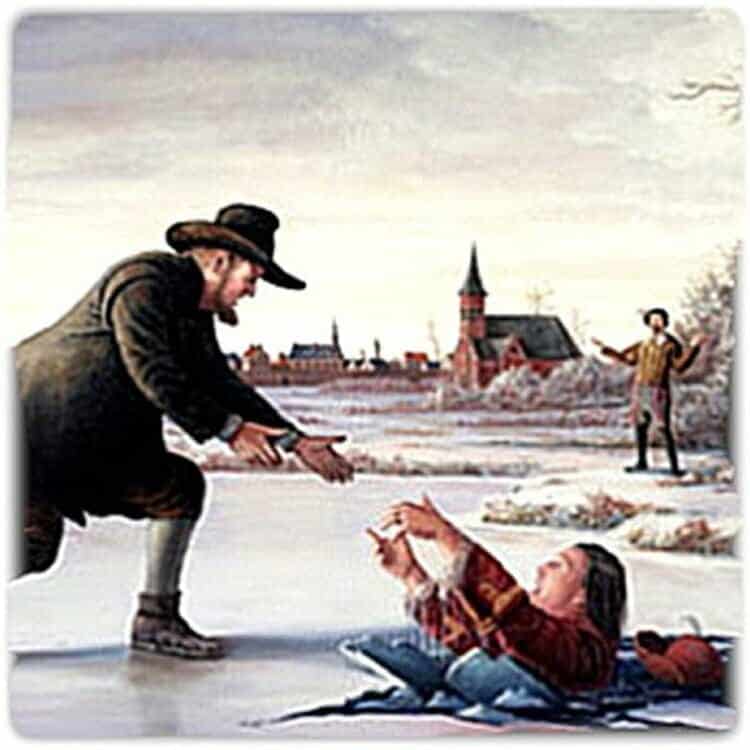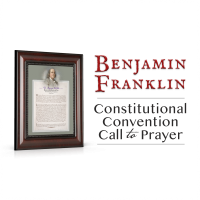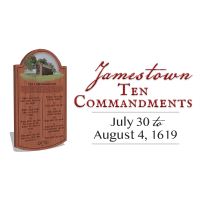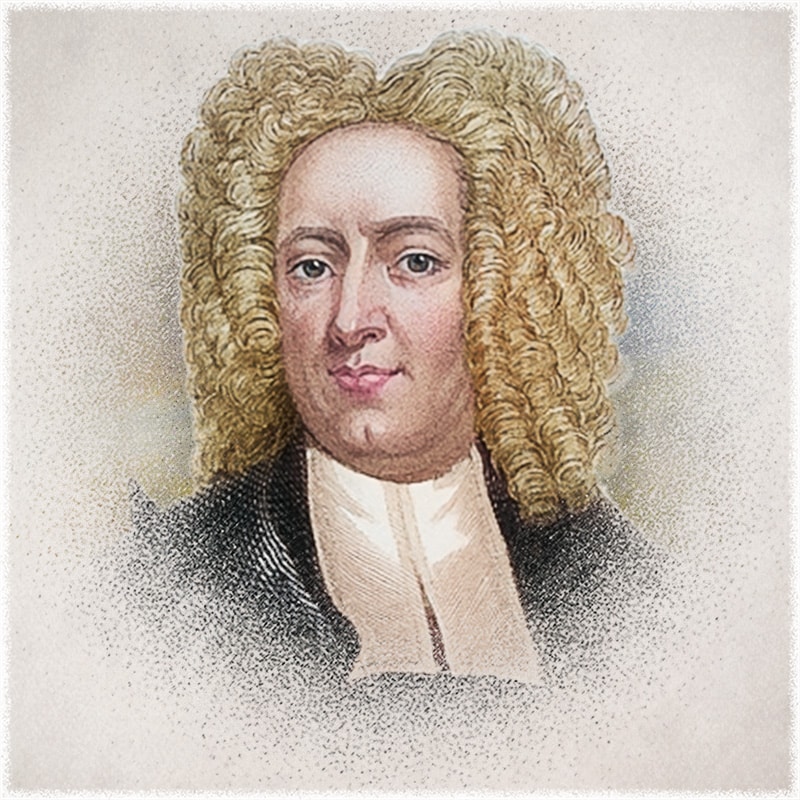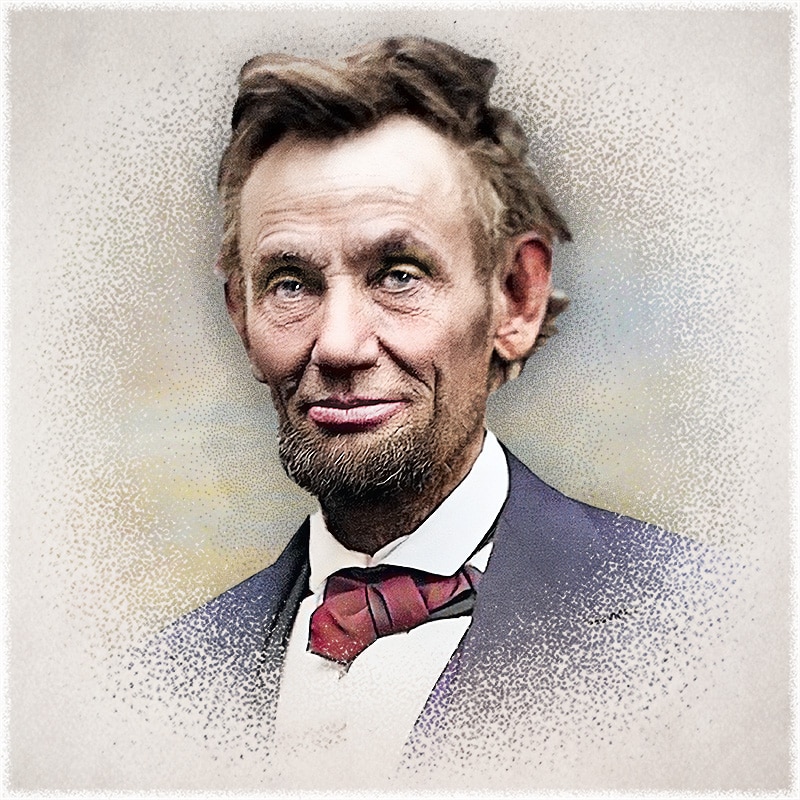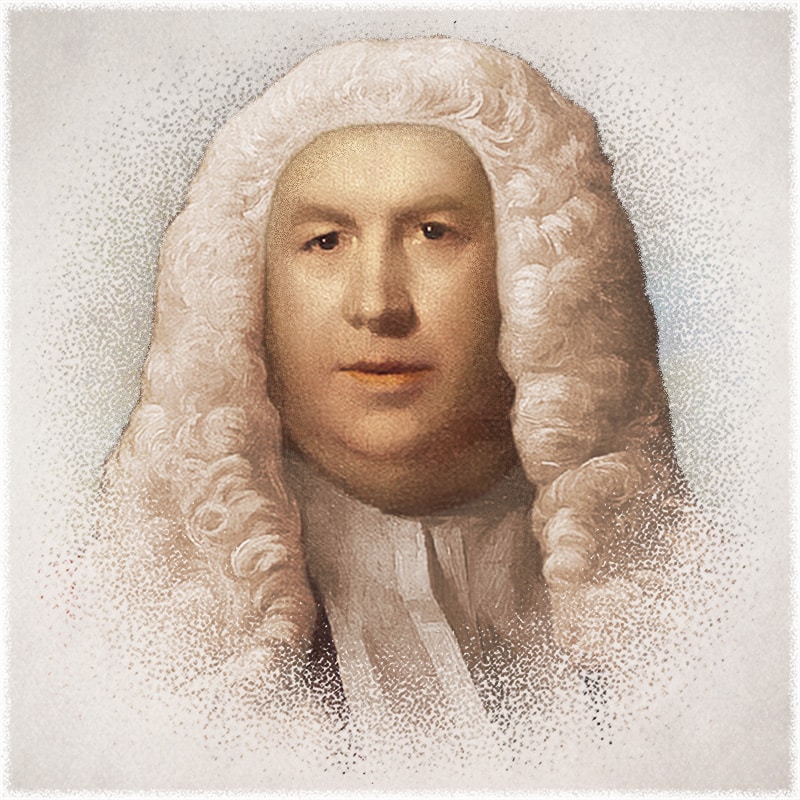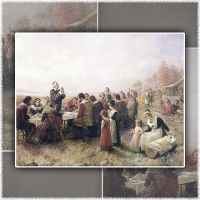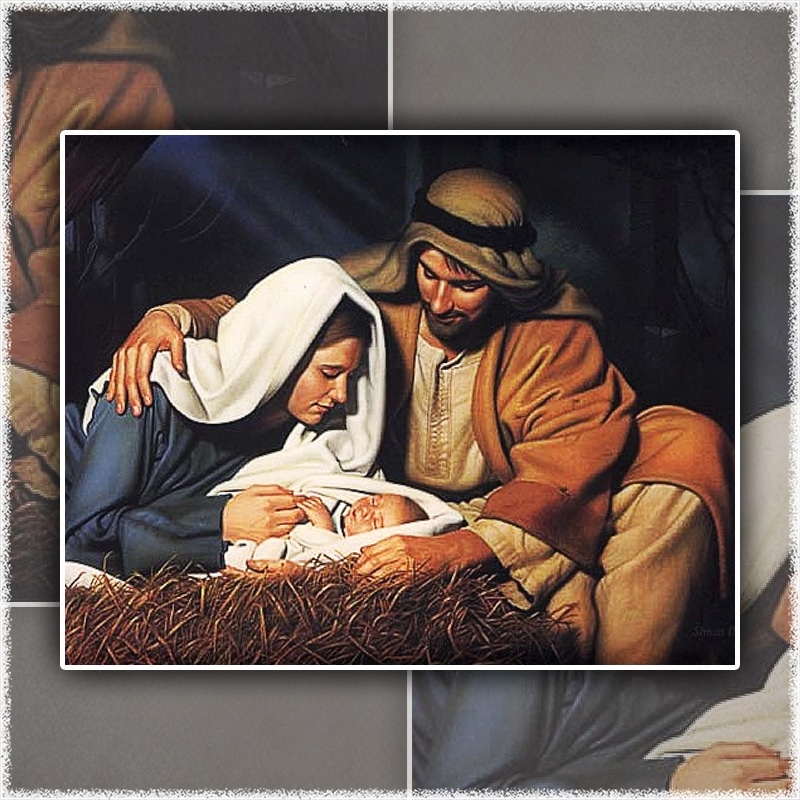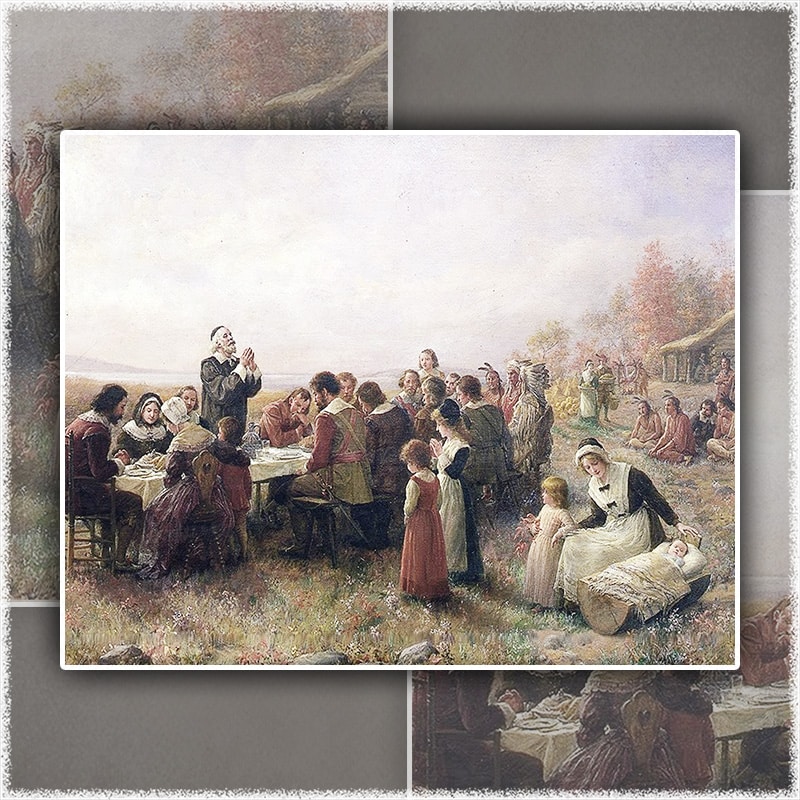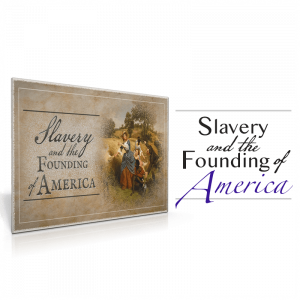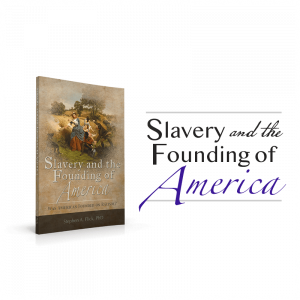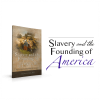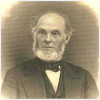Christian Living in February
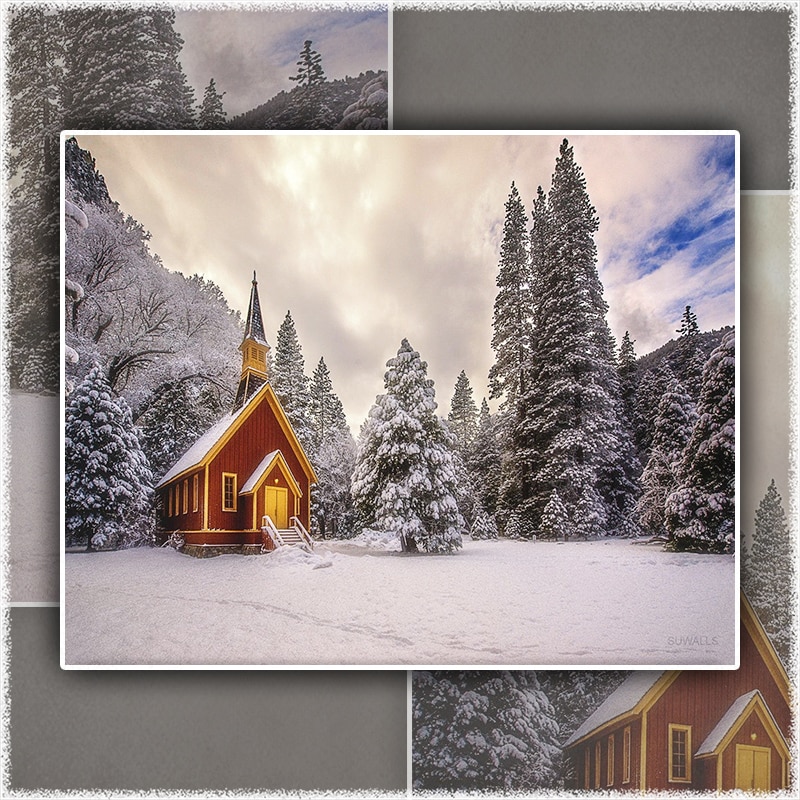
Many of the suggestions presented in our monthly "Christian Living" articles may be used by individuals, families, or within the context of local churches. These articles are designed to inform and inspire Christians to celebrate their Christian heritage and provide means of spiritual growth. Parents and grandparents may employ some or all of these suggestions in developing a family altar and cultivating a Christian home. Local church leaders will readily recognize suggestions that may be incorporated into the life of their respective congregations.Christian Living in February
What is true of gardening is also true of every level of spiritual life: "What we will not labor to cultivate will soon be taken over by weeds." It is work to maintain the family altar; it is work to have a Christian home. It is also work to cultivate a godly church, and if we are unwilling to diligently labor to maintain a godly life, family, and church, weeds will soon strangle the spiritual life of each!Christian Living in February
While the winter months pose a challenge to a variety of outdoor activities, many enjoyable opportunities remain within the reach of the family and local church. Some emphasis should be placed upon the circulation of Christian books, periodicals, and other materials. In addition, emphasis should also be placed upon Bible memorization and the means to accomplish it. In fact, the Christian family and church may formally stress Christian reading and Bible memorization a couple times a year. Regular emphasis on each is important to the spiritual development of the Christian family and local church. In addition, February is often a time to begin to prepare for the Lenten and Easter seasons and related activities and events that may occur about the same season.
Table of Contents
The calendar used in the West is the result of extended evolution. For the most part, our calendar is the result of the influence of the Greeks and the Romans who followed them. February receives its name from Februa (or Februatio),[1] an ancient purification festival held on February 15 (full moon) under the old lunar Roman calendar. The Roman god Februus received his name from this festival rather than giving his name to it. The festival was observed annually by the pagan Romans to allegedly cleanse buildings and purge the lives of people at a time when new life began to spring from the earth.
February is the second month of the Julian and Gregorian calendars and is the shortest month of the year, composed of fewer than thirty days. Normally, February has only twenty-eight days, but on leap years receives one more. In the Northern Hemisphere, February is the third month of winter, but in the Southern Hemisphere it is the seasonal equivalence of August.
The birth flowers of February are the violet and common primrose, and amethyst—which symbolizes piety, humility, spiritual wisdom, and sincerity—is the birthstone of the month.
In addition to the highlights of this month that are discussed below, additional subjects of interest regarding our Christian heritage are presented online, where they are arranged according to dates of occurrence. The online calendar where these articles are arranged is under continual development with new articles appearing as they become available. By clicking the message box below, readers will navigate to the present month under consideration.
To navigate to our online calendar, please click this box.Slavery and the Founding of America
Observance: The month of February
Secular influences have designated February as Black History Month. This designation offers optimal opportunity to investigate the true history of slavery and America's Founding Fathers' attitude toward this institution.
Slavery has been a cudgel used by Darwinists, Marxists, and anti-American forces to discredit America's Founding Fathers and the legitimacy of American government in general. However, when the facts are known, American leaders waged a cold war against slavery long before sentiments boiled over into America's Civil War (1861-1865). A number of facts related to slavery in America will set the record straight:
The global context of slavery. Contrary to the charge of liberal or Marxist Democrats—such as Democratic Virginia Senator Tim Kaine[2] —slavery did not start in America. Rather, from the earliest pages of human history, slavery existed.[3] In fact, there are more individuals enslaved today than has ever been held at any period in human history.
Christians End Indian Slavery. Prior to the arrival of Columbus in the Americas, Indians enslaved fellow Indians. In fact, Columbus found that some Indians cannibalized other Indians.[4] Bartolome de las Casas, a Spanish Catholic Dominican friar and priest successfully advocated for the ending of Indian enslavement. On November 20, 1542, the emperor signed the New Laws abolishing the encomiendas that enslaved Indians in Spanish American territories. It may be noted that Indians held black slave even following the American Civil War.
Early White and Black Enslavement. The earliest form of servitude in the American English colonies was the white indentured servant. Often whites who wished to migrate to America and could not afford to pay for their passage to the New World bound themselves to a period of servitude to those willing to pay their travel fees. Those binding themselves to serve—usually for seven years—were known as indentured servants. In 1619 when blacks were first brought to America, they were treated—just like whites—as indentured servants and eventually released from servitude.
How Permanent Slavery Began. Contrary to the assertion of the those behind the 1619 Project, permanent slavery did not begin in Jamestown, Virginia in 1619. Permanent slavery in the American English colonies began decades later, and the first man to enslave blacks in America was a black man by the name of Anthony Johnson.
The First Anti-Slavery Society. After thousands of years, slavery was called into question by Christian nations where the Bible received prominent attention over the opinions of Church leaders. The Protestant Reformation with its emphasis upon Scripture gave rise to biblical morality and the rejection of slavery.
The Founders Resist Slavery. Many facts can be presented to demonstrate that America's Founding Fathers resisted slavery. At the federal level, Founding Fathers are on record resisting the slave trade from the First Continental Congress. On October 20, 1774, the First Continental Congress drafted a list of resolves to be sent to King George; among them was the following: "We will neither import nor purchase, any slave imported after the first day of December next."[5]
Democrats and Slavery. In the South, the Democratic Party arose as the champion of slavery. The racism of the Democratic Party has been recounted in great detail by David Barton in Setting the Record Straight: American History in Black & White.[6]
Our publication: Slavery and the Founding of America: Was America Founded as a Racist Nation?
Observance: February or soon after
Tragically, churches and their leaders sense no obligation to inform the members of their congregations of quality Christian materials. As a result, the church library—if one exists—is greatly overlooked and neglected. But the month of February is a good opportunity to call attention to the importance of good Christian literature and audio and video resources. The Honorable Daniel Webster was one of the greatest orators and political figures America has conceived. As an earnest Christian, Webster understood the importance of perpetuating the Christian faith through good education and Christian literature. On one occasion, he addressed the matter succinctly:
If religious books are not widely circulated among the masses in this country, I do not know what is going to become of us as a nation. If truth be not diffused, then error will be. If God and His Word are not known and received, the devil and his works will gain the ascendency. If the evangelical volume does not reach every hamlet, the pages of a corrupt and licentious literature will. If the power of the gospel is not felt throughout the length and breadth of this land, anarchy and misrule, degradation and misery, corruption and darkness will reign without mitigation or end.
Because we are forgetful, we need reminders to do those things that are most beneficial to us. Sometimes reminders of good eating habits or good health practices are welcomed promptings of what we should be doing. When living in a dark world, it is easy—in the natural or carnal self—to allow ourselves to become accustomed to the darkness, but God calls Christians to shine the light of His truth upon our world. To accomplish this, we must see have the light before we are capable of sharing the light, and outstanding Christian reading material help us to both see and share.
See our article: Twelve Books Every Christian Should ReadObservance: Late winter or early spring; February
The Lord has promised that his Word would not return unto Him void or without influence. Though Scripture memorization should be a regular part of personal and family spiritual life, the local church should regularly encourage this effort. Families should be encouraged to continue the practice of biblical memorization in their devotional exercises. However, denominational and local churches should systematically identify times when the special emphasis is placed upon biblical memorization. Though children are frequently the objects of such efforts, adults should not be left out of the effort to make this a regular discipline. Too frequently adults fail to commit the Word of God to memory and are ill-equipped to address moral, spiritual, political, and other issues as they arise in day-to-day life.
Resource for children and adult memorization: Scripture Memory FellowshipNational Lord’s Day Observance
Observance: First Sunday in February
The first Sunday in February is National Lord's Day Observance Sunday. The sponsoring organization is The Lord's Day Alliance of the United States (LDA), an organization composed of representatives from various denominations throughout America. The LDA was founded in 1888 when representatives of six major Protestant denominations met in Washington, D.C. to organize the American Sabbath Union; this name was later changed to The Lord’s Day Alliance of the United States. While contemporary evangelicalism is increasingly indifferent toward the observance of the Lord’s Day, it has been the focus of considerable interest in great revivals throughout the history of the Christian Church. Even the eighteenth-century enemy of Christ, Voltaire, understood there was no hope of destroying Christianity as long as the observance of the Lord’s Day stood: “There is no hope of destroying Christianity so long as the Christian Sabbath is acknowledged as a sacred day.”[7]
Related Articles:
Darwin Day—An Evangelistic Opportunity
Observance: On or before February 12
Darwin Day was instituted by the admirers of Charles Darwin as a memorial of Darwin's birth, February 12, 1809, and a celebration of his efforts[8] in science. The work that has most characterized the life of Darwin was his book, Origin of Species, published in 1859. Since Darwin's death on April 19, 1882 at the age of 73, sporadic efforts have been made to remember Darwin's efforts. Such attempts to remember Darwin by his admirers are enthusiastic endeavors to ensure that their nonscientific theory of evolution continue to enjoy support by a credulous public that continues to lend support for that which finds no scientific evidence![9]
In 1909, more that 400 scientists and dignitaries from 167 countries gathered at Cambridge, England to remember Darwin and advance the cause of evolution. Such institutions as the New York Academy of Sciences, the American Museum of Natural History, the Royal Society of New Zealand, the University of Chicago, and many others have advocated Darwin as a defender of scientific truth, rather than what he was—a theorist of a world view without obligation to a Creator.
Plans for an annual observance of Darwin were devised by The Humanist Community of Palo Alto, California in late 1993 and motivated by Dr. Robert Stephens. Their first Darwin Day event was sponsored by the Stanford Humanists student group and a group known as the Humanist Community, on April 22, 1995. Since then, The Humanist Community has continued an annual observance of February 12. Since these initial efforts, Darwin Day has gained popularity and much greater organization throughout America.
In his book, Seven Men Who Rule the World from the Grave, Dave Breese, discusses Darwin's devastating influence upon the world. One reason death and destruction has prevailed upon the world to the degree it has is because of any obligation to a Creator and Ruler. Darwinism has become the intellectual crutch of atheism and agnosticism. If Christianity is to influence the world for good, denominations, pastors, and local churches must be vigorous in their attack against the hoax of Darwinism!
One of the many influences of the Christian faith upon culture is seen in the holidays that are observed by society. Along with St. Nicholas, St. Valentine has become regarded as a patron saint of love. Like St. Nicholas, the life and ministry of St. Valentine are not well known, and as a result have become employed in purposes that have been neither Christian nor spiritual. As is true for the ministry of early Church leaders, it is often difficult to distinguish hagiolatry[10] from fact.
When studying the lives of early Christians, accurate sources are often lacking—as is the case with the life of St. Valentine. What makes such studies even more difficult is the intermingling of fact with fiction, and understanding the reasoning behind such efforts is very significant.
Some early Christians embellished the lives of other prominent Christians in an attempt to demonstrate that Christianity was superior to paganism and all other religions. It was common among pagans to attribute god-like qualities to their prominent leaders, particularly after their deaths. As a result, pagans deified their dead and treated them as gods by praying to them, offering them sacrifices, burning incense to them, and proffering other acts of worship. Lamentably, Christians followed these pagan practices and, in this way, corrupted biblical Christianity.
Observance: Third Monday of February
From the latter half of the twentieth century, the American courts have repeatedly attacked the Christian foundation which birthed America. The real hope of America is a spiritual awakening which restores the evangelical principles of Scripture to both the church and state. Just as the pastors laid the foundation for the American Revolution by denouncing the tyrannical rule of King George III, pastors must once again articulate the biblical principles of civil government. American history is replete with examples of the influence of evangelical Christianity upon the formation of America as an independent nation. Pastors must be more proactive in advocating the place that Christianity once held in America and the place it must again hold.
One way pastors may promote the role of the church in society is through the observance of national historical events. February provides the pastor and local church with the opportunity to celebrate the lives of America’s leaders through the observance of President’s Day. One of several ways to remind parishioners of the role that Christianity must have upon America is by reading a prayer of one of the presidents in a worship service—perhaps prior to the congregational or pastoral prayer.
See our article: George Washington's Prayer at Valley ForgeObservance: Sunday before Ash Wednesday or on Ash Wednesday
Within many Christian traditions, it is often customary to emphasize missions during the period of Lent. This period in Christian history has been observed as a period of sacrifice, reminding us of the great sacrifice of our Lord Jesus Christ. Roman Catholics have been called upon for generations to sacrificially observe this season in the life of the church. Protestants too may be invited to sacrifice for the sake of the advancement of the gospel by giving sacrificially to missions within the local church and local community.
Observance: Holy Week
Two special services are offered for use during Holy Week–Service of the Cross and Tenebrae: A Service of Darkness. Though it is unlikely that both services would be used in any single year, they are presented below for the consideration of pastors and their congregations.
The Service of the Cross may become a powerful Maundy Thursday or Good Friday tradition within your church.[11] As members of the congregation enter the place of worship, they are given a worship folder with a square nail tethered to a piece of paper. The plan of salvation is artfully related through a series of reading. Then, worshippers are instructed to write on the paper any sin or sorrow which should be given to the Lord, and at the appointed time in the service, they are invited to drive their nails in a place of their choosing on the cross placed at the front of the sanctuary. This simple act is intended to express contrition and repentance for sin and a confidence that the cross of Christ was sufficient to bear the sins and sorrows of the entire world. The impression of hammers striking the nails is a very sobering one. Served with the elements of the Lord's Supper, this service will live long in the hearts of worshippers. The service, including communion, is about an hour in length.
Our publication to host a solemn Holy Week service: A Service of the Cross
Christianizing Your World in February
Observance: Special emphasis throughout February
One of the most remarkable displays of Christian love for one's enemies was offered to the world by the Anabaptist, Dirk Willems. The Anabaptist tradition arose along side the Reformed Calvinistic tradition at the time of Ulrich Zwingli in Switzerland. Eventually their convictions estranged them to other Protestants. Many Evangelical traditions today have been deeply influenced by this wing of the Protestant tradition.
One unique practice of the Anabaptist tradition was re-baptizing those who came to accept Anabaptist theology. Born in Asperen, Gelderland, Netherlands, Dirk Willems rejected the practice of infant baptism observed by the Roman Catholics and the established Protestants of the Magisterial Reformation and accepted believer's baptism. Because of his adherence to Anabaptist principles and practices, Willems was arrested by the Roman Catholic Church in the Netherlands. He was imprisoned in a residential palace that had been turned into a prison, but escaped using a rope composed of knotted rags. From a window, Willems lowered himself onto the ice of the moat that surrounded the palace, but an alert guard noticed his escape and gave chase. Willems, having lived on prison rations for some time, was able to cross the ice, but his purser was less fortunate and broke through. Hearing the guard's screams for help from the icy water, Willems turned back to aid and rescue his pursuer. He was again taken into custody, tried and convicted, and burned at the stake near his hometown on May 16, 1569.
See our Heritage Hallmarks decor:
February 1692 to May 1693: The Salem witch trials were a series of hearings and prosecutions of individuals accused of witchcraft in colonial Massachusetts from February 1692 to May 1693. The proceedings resulted in the executions of twenty people, most of whom were women. The majority of pastors in New England were against these trials, with only three known to have supported them—one of whose daughter and niece initiated the excitement in Salem. Well-known minister, Cotton Mather, was vigorously opposed to the trials and was instrumental in bringing them to a conclusion.
February 3, 1924: Thomas Woodrow Wilson (December 28, 1856 - February 3, 1924) was the 28th President of the United States, in office from 1913 to 1921. A leader of the Progressive Movement, he served as President of Princeton University from 1902 to 1910, and then as the Governor of New Jersey from 1911 to 1913. With the Republican Party split in 1912, he led his Democratic Party to control both the White House and Congress for the first time in nearly two decades.[12]
February 9, 1881: Fyodor Mikhailovich Dostoyevsky (11 November 1821 - 9 February 1881), sometimes transliterated Dostoevsky, was a Russian novelist, short story writer, essayist and philosopher. Well-known as the author of the expression, "If there is no God, everything is permissible."[13]
February 12, 1809: Abraham Lincoln (February 12, 1809 - April 15, 1865) was the 16th President of the United States, serving from March 1861 until his assassination in April 1865.[14]
February 12, 1915: Frances Jane van Alstyne, née Crosby (March 24, 1820 - February 12, 1915), more commonly known as Fanny Crosby, was an American mission worker, poet, lyricist, and composer. A lifelong Methodist, she was one of the most prolific hymnists in history, writing over 8,000 hymns and gospel songs, with over 100 million copies printed. This is despite her being blind from shortly after birth. Crosby is also known for her preaching, teaching, and her rescue mission work. By the end of the 19th century, she was "a household name".[15]
February 14, 1780: Sir William Blackstone (10 July 1723 - 14 February 1780) was an English jurist, judge and Tory politician of the eighteenth century. He is most noted for writing the Commentaries on the Laws of England. Blackstone's understanding of the role of Christianity in law was one of the most formative influences in American government.
February 29, 1960: Thomas O. Chisholm was born in Franklin, Kentucky on July 29, 1866 in a log cabin and became a teacher at age sixteen. Chisholm had a Christian conversion experience at age twenty-seven during a revival in Franklin led by Dr. Henry Clay Morrison. Chisholm served as a Methodist minister for one-year before resigning due to poor health. Chisholm wrote over 1,200 sacred poems over his lifetime, which appeared in many Christian periodicals, and he served as an editor of the Pentecostal Herald in Louisville for a period. He died in Ocean Grove, New Jersey on February 29, 1960.
America deserves to know its true heritage.
Please contribute today!
[1] The Latin term februum, means "scrabble".
[2] Anthony Leonardi "Sen. Tim Kaine Claimed That the United States Created the Institution of Slavery," Washington Examiner, January 18, 2023; https://www.washingtonexaminer.com/news/tim-kaine-the-united-states-created-slavery.
[3] See W. O. Blake, The History of Slavery and the Slave Trade, Ancient and Modern (Columbus, OH: H. Miller, 1860).
[4] Washington Irving, A History of the Life and Voyages of Christopher Columbus, 4 vols. (London: John Murray, 1828), 2:15.
[5] Journals of the Continental Congress, 1774-1789, 34 vols. (Washington, D.C.: Government Printing Office, 1904-1937), 1:76-77.
[6] David Barton, Setting the Record Straight: American History in Black & White (Aledo, TX: WallBuilders, 2004).
[7] See our article: A History of the Lord's Day in America.
[8] Since Darwin's theory of evolution completely lacks scientific support, the expression "contribution" is not used here. The theory of evolution, as admitted by Darwin himself in Origin of Species (1859), has not enjoyed scientific support, but, like many errors, it has raced around the world before truth has had an opportunity to put on its boots.
[10] In 1972 Stephen Jay Gould and Niles Eldredge developed another theory of evolution called punctuated equilibrium, which suggested that evolution did not occur over a long period of time, but rather over a very short period of time. Both forms of evolution have no scientific support! Gould's and Eldredge's form of evolution is a confession that there is not support for gradual evolution, but tragically, Gould and Eldredge do not bother to provide any evidence for their theory either.
[11] Veneration or worship of Christian saints.
[12] See John Woodbridge, More Than Conquerors: Portraits of Believers from All Walks of Life.
[13] See John Woodbridge, More Than Conquerors: Portraits of Believers from All Walks of Life.
[14] See John Woodbridge, More Than Conquerors: Portraits of Believers from All Walks of Life.
[15] See John Woodbridge, More Than Conquerors: Portraits of Believers from All Walks of Life.


